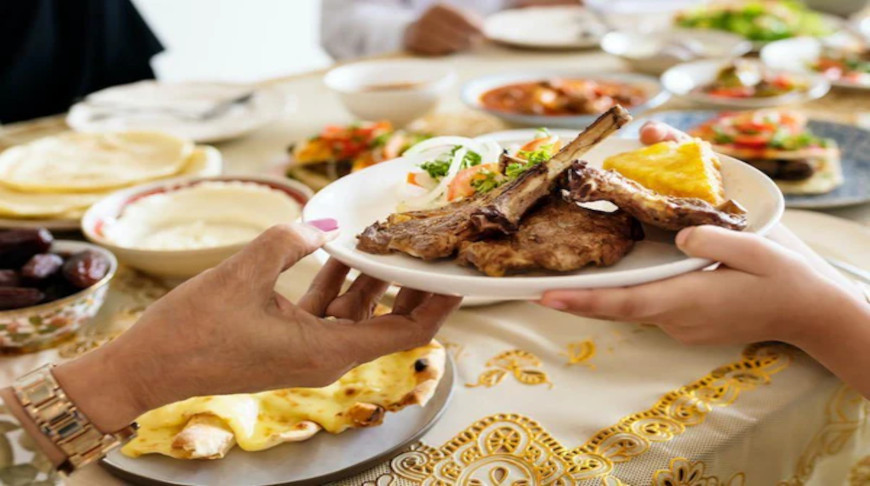
ISLAMABAD, 19 June (BelTA - APP) - Citizens across the country continued
to participate in the festive activities and animal sacrifices on
Tuesday, marking the second day of Eid-ul-Azha.
This significant occasion commemorates the profound sacrifice made by Hazrat Ibrahim (AS) and Hazrat Ismael (AS).
The faithful are engaged in the traditional practice of slaughtering sacrificial animals, honoring Sunnat-e Ibrahimi.
This ritual, which began on the first day of Eid, will continue through Wednesday, the third day of Eid-ul-Azha.
In preparation for the celebration, civic authorities in cities and towns have implemented special arrangements for the disposal of offals and other solid waste, ensuring cleanliness and hygiene during the three days of festivities.
Eid-ul-Adha, also known as the Feast of Sacrifice, is one of the two major Eid festivals observed by Muslims worldwide.
It commemorates the Prophet Ibrahim’s willingness to sacrifice his son in obedience to God’s command.
The festival is traditionally marked by the slaughter of animals, with the meat distributed among family members and the poor, emphasizing the values of charity and community.
To facilitate the celebrations, the Pakistani government has announced a three-day holiday from Monday to Wednesday, allowing citizens ample time to observe the religious rites and enjoy the festivities with their loved ones.
This significant occasion commemorates the profound sacrifice made by Hazrat Ibrahim (AS) and Hazrat Ismael (AS).
The faithful are engaged in the traditional practice of slaughtering sacrificial animals, honoring Sunnat-e Ibrahimi.
This ritual, which began on the first day of Eid, will continue through Wednesday, the third day of Eid-ul-Azha.
In preparation for the celebration, civic authorities in cities and towns have implemented special arrangements for the disposal of offals and other solid waste, ensuring cleanliness and hygiene during the three days of festivities.
Eid-ul-Adha, also known as the Feast of Sacrifice, is one of the two major Eid festivals observed by Muslims worldwide.
It commemorates the Prophet Ibrahim’s willingness to sacrifice his son in obedience to God’s command.
The festival is traditionally marked by the slaughter of animals, with the meat distributed among family members and the poor, emphasizing the values of charity and community.
To facilitate the celebrations, the Pakistani government has announced a three-day holiday from Monday to Wednesday, allowing citizens ample time to observe the religious rites and enjoy the festivities with their loved ones.













